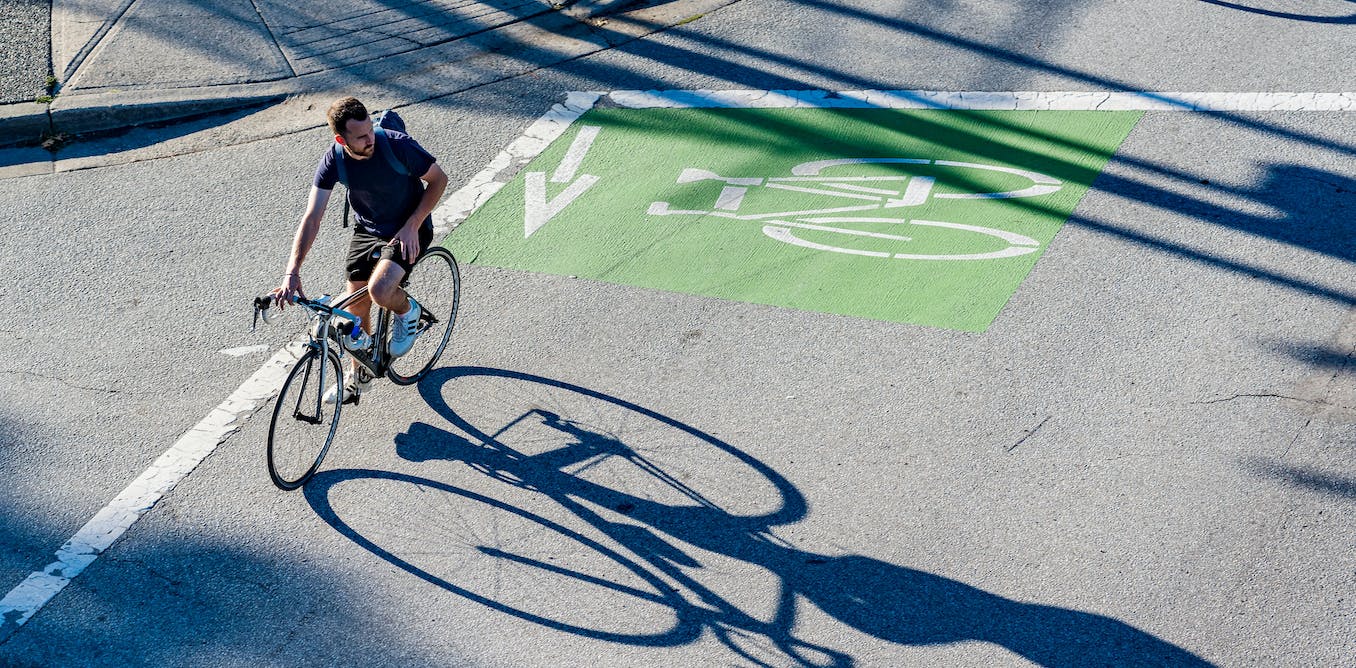Globally, only one in 50 new cars were fully electric in 2020, and one in 14 in the UK. Sounds impressive, but even if all new cars were electric now, it would still take 15-20 years to replace the world’s fossil fuel car fleet.
The emission savings from replacing all those internal combustion engines with zero-carbon alternatives will not feed in fast enough to make the necessary difference in the time we can spare: the next five years. Tackling the climate and air pollution crises requires curbing all motorised transport, particularly private cars, as quickly as possible. Focusing solely on electric vehicles is slowing down the race to zero emissions.



In ten+ years of winter cycling, I have found very few. The only thing that made me stop is freezing rain, and that happens rather rarely. There are conditions that would make me not what to drive too anyway. It’s not an actually valid point.
Must be nice to live where freezing rain doesn’t happen often.
How often do you get freezing rain where you are? Once a year? Twice a year? You’re basing an entire transportation policy on unlikely events isn’t particularly helpful nor insightful.
Late November til early April is freezing rain, slush, salt, black ice, a number of other unpleasant weather conditions for riding in, even in full wet weather gear that would keep a sailor dry. I mean, I mention the *province I live in, in my first comment in this thread. Weather is a constant issue for me, most people living on the north atlantic have these issues.
Where do you live that freezing rain only happens twice a year?
Edit: location
Montréal.
And by freezing rain I mean layers of ice on the ground, ice storms, etc. Not just cold rain.
I know what freezing rain is. Like I said it’s common here during winter months.